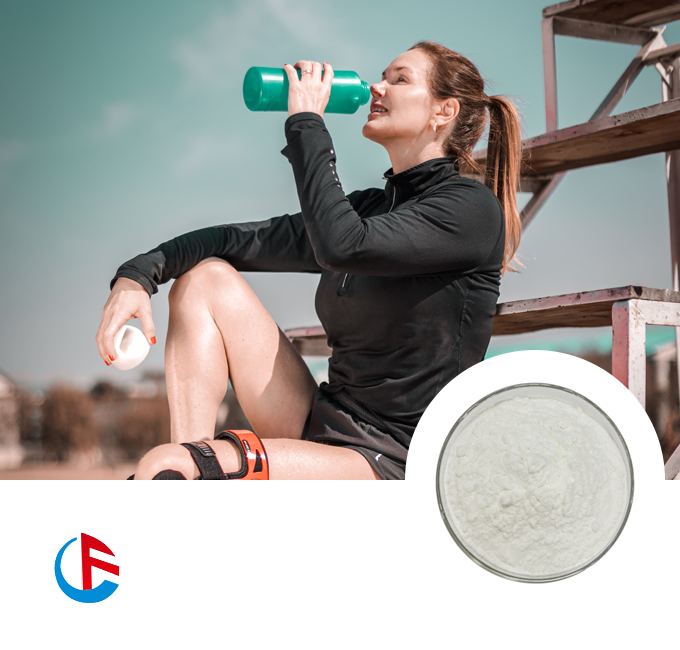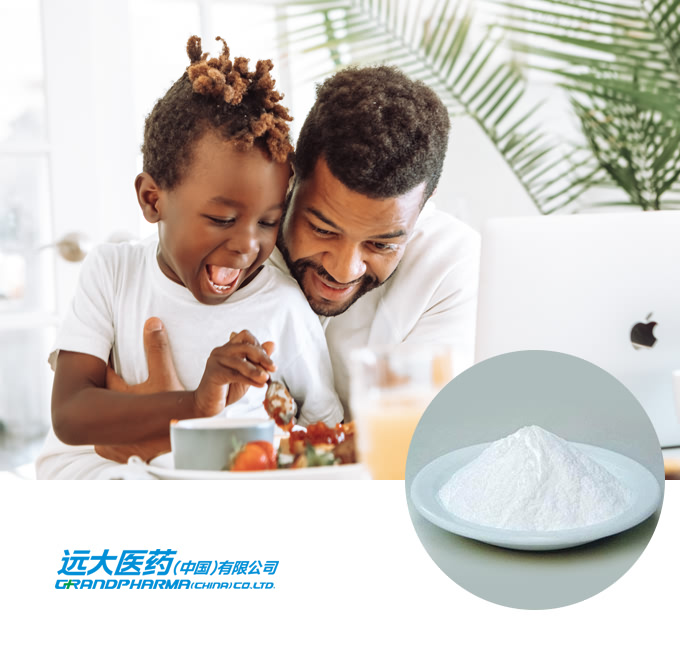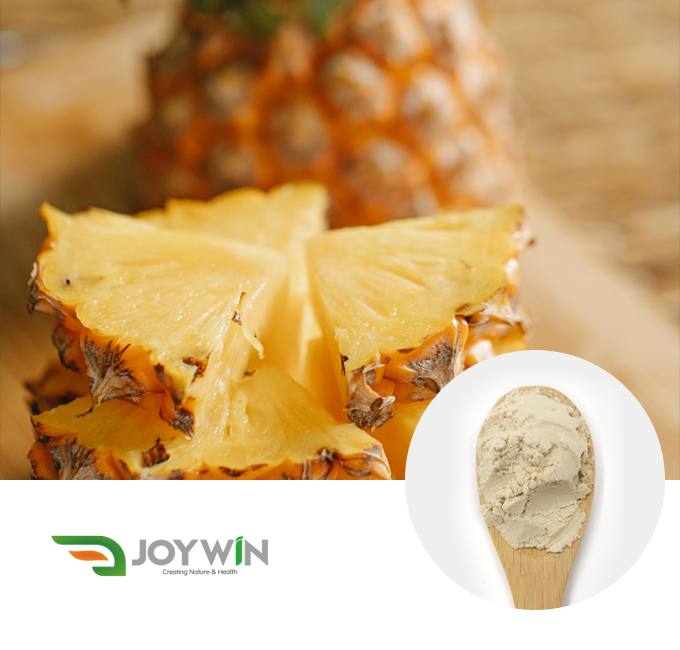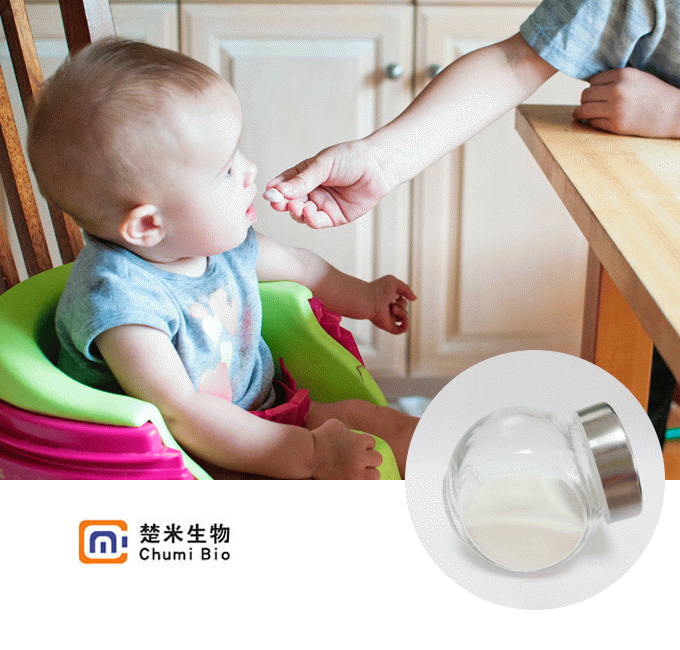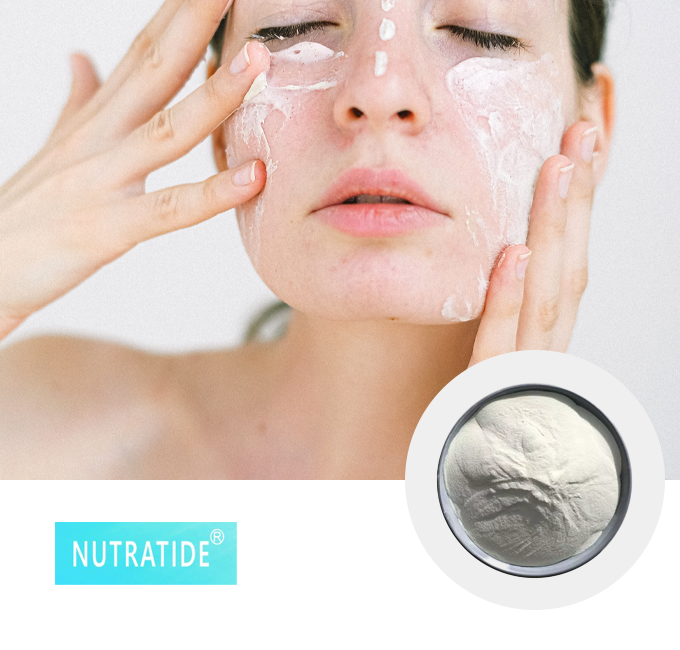Food Preservative
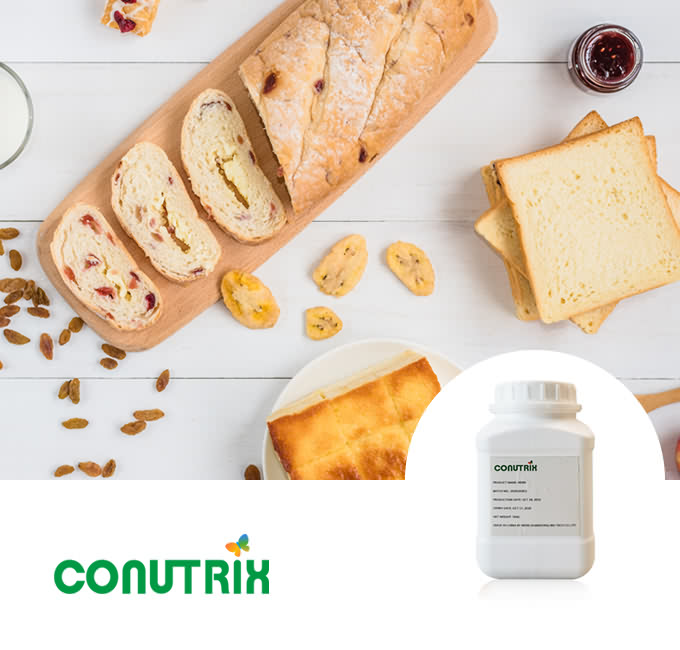
-
CAS No.:
7681-93-8
Grade:Food Grade
Packaging:10 Carton
Warehouse:California
- Description: Natamycin 50% Nacl is one of the globally permitted food preservatives to protect a wide variety of products such as cheese, fermented meat, yogurt, beverages, wines and baked goods against yeasts and molds. Due to the benefits of Natamycin as a natural and efficient food preservation method, its application has a huge potential to extend shelf life and prevent spoilage. Natamycin 50%Nacl can significantly extend the shelf life of many products. The first and most widely approved application areas for Natamycin are cheese and fermented meat. These food categories require preservation against yeasts and molds, but need to allow cultures (i.e. bacteria) to remain active. For example, a white cheese in Latin America can have a shelf life of 38 days following the application of liquid Natamycin and 26 days with Natamycin powder. Without preservation, its shelf life is less than two weeks.
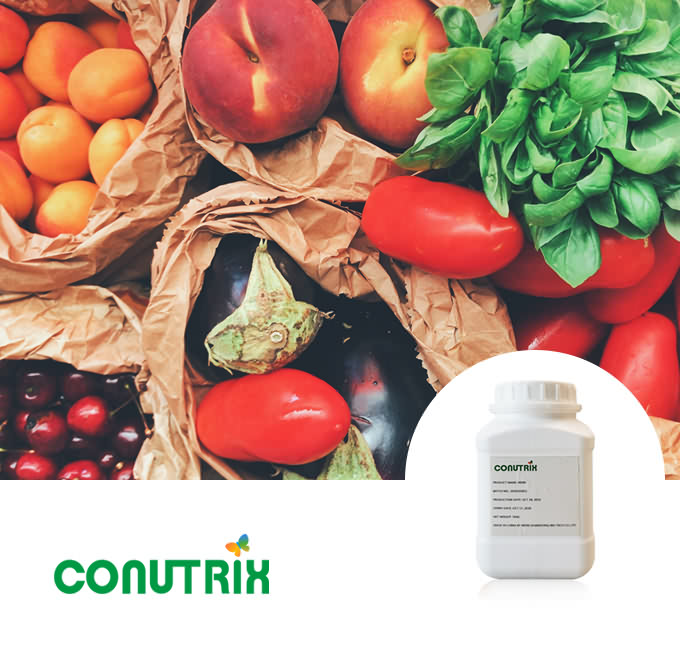
-
CAS No.:
7681-93-8
Grade:Food Grade
Packaging:10 Carton
Warehouse:California
- Description: Natamycin 50% lactose is an effective natural food preservative for preventing yeast and mold growth. For nearly 50 years it has been safely used around the world to protect a wide variety of foods and beverages from spoilage, including dairy products, cured meats, baked goods and fruit juices. Natamycin 50% lactose has been tested and approved as a food preservative suitable for human consumption by, amongst others, the European Safety Authority (EFSA), World Health Organization (WHO) and Food and Drug Administration (FDA).
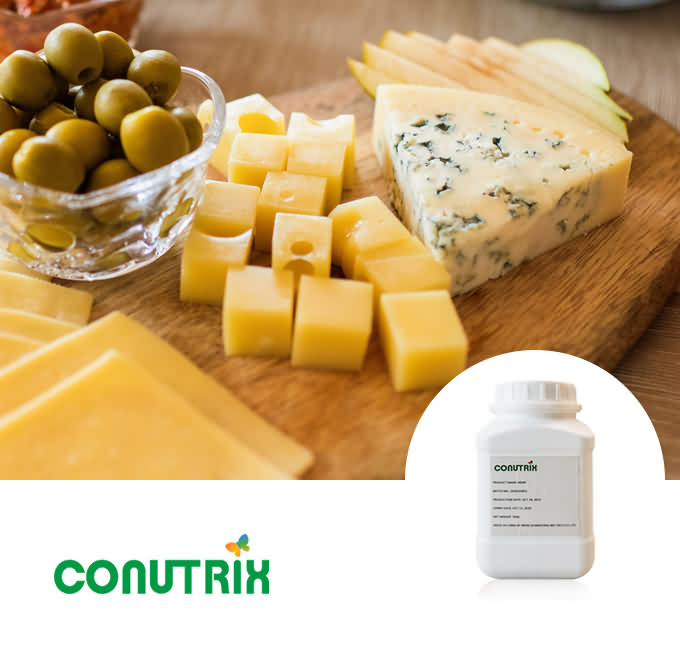
-
CAS No.:
1414-45-5
Grade:Food Grade
Packaging:10 Carton
Warehouse:California
- Description: Nisin 1000IU is a polycyclic antibacterial peptide produced by the bacterium Lactococcus lactis that is used as a food preservative. It has 34 amino acid residues, including the uncommon amino acids lanthionine, methyllanthionine, didehydroalanine, and didehydroaminobutyric acid. These unusual amino acids are introduced by posttranslational modification of the precursor peptide. In these reactions a ribosomally synthesized 57-mer is converted to the final peptide. The unsaturated amino acids originate from serine and threonine, and the enzyme-catalysed addition of cysteine residues to the didehydro amino acids result in the multiple thioether bridges. Vegetal Nisin inhibits spoilage microorganisms including lactic acid spoilage bacteria, thus helping to prolong shelf-life and retain food quality. It has also been used increasingly as a primary intervention to inactivate or inhibit the outgrowth of pathogenic food microorganisms such as Listeria, Staphylococcus, and Mycobacterium, and the spore-forming bacteria, Bacillus and Clostridium, thereby helping to increase food safety.
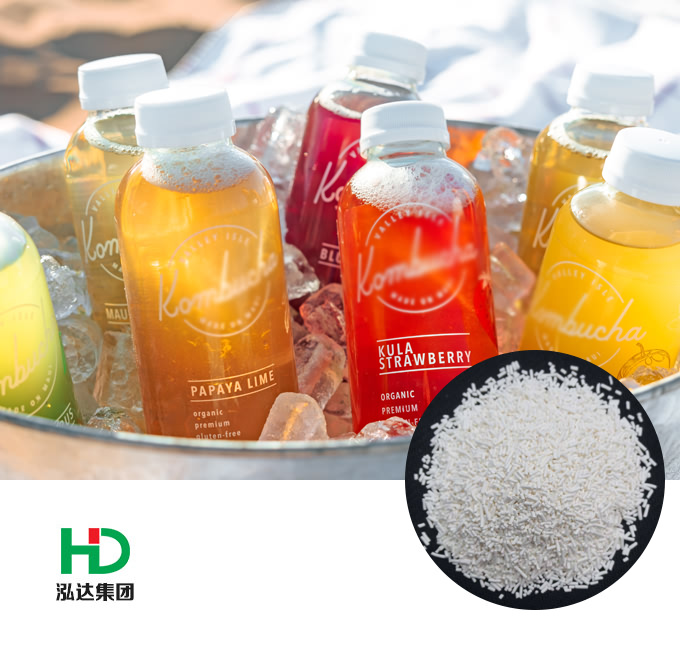
-
CAS No.:
24634-61-5
Grade:Food Grade
Packaging:25 Carton
Warehouse:California
- Description: Potassium Sorbate is a food additive and preservative. Because sorbic acid (potassium) is an unsaturated fatty acid (salt), it can be absorbed by the body's metabolic system and quickly decomposed into carbon dioxide and water, leaving no residue in the body. Sorbic acid (potassium) can effectively inhibit the activity of molds, yeasts and aerobic bacteria, so as to effectively extend the preservation time of food and maintain the original flavor of the food.





































































































































































































































